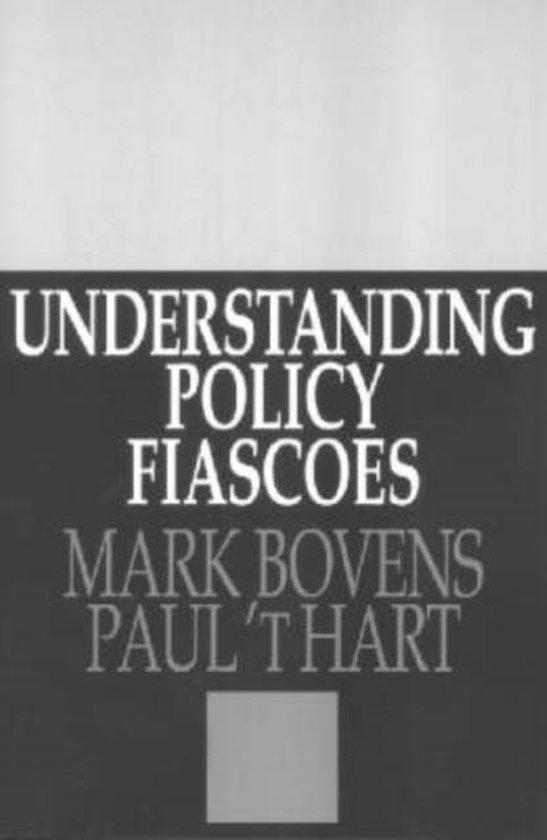
Understanding Policy Fiascoes
A crisis of governance is widespread in western societies. Public administration is caught in a web of personal and organizational inter-dependencies that require continuous awareness and readjustment on the part of its practitioners. Understanding Policy Fiascoes applies policy analysis to come to terms with policy fiascoes, with a full appreciation of its limits. Despite the fact that policy failures may seem universal, they are in fact better understood as social, political and academic constructions. Bovens and tHart trace how and why certain episodes of public policymaking become labeled as fiascoes. They highlight the analytical and political biases that shape our judgments of policy outcomes and the performance of policymakers and institutions. When put in their proper historical, institutional, and policymaking perspective, many policy fiascoes could easily have turned out quite differently. The authors show that the fact that these policy episodes unfolded as they did does not mean that they were inevitable. Careful analysis indicates that a whole series of variables, if not always manageable, can, through careful configurations of decisions, alter the course and outcomes of policies and programs, as well as the post-hoc judgments made about them. In examining public policymaking, certain questions arise: If public policymaking has failed so miserably, what does this tell us about the state of policy analysis? While policymakers are facing a crisis of legitimacy, policy analysis have been forced to reconsider the validity o their knowledge claims and the extent of their impact on the practice of policymaking. Understanding Policy Fiascoes will provide social scientists, policymakers, and political scientists with compelling perspectives on old problems and a path-breaking way to handle new problems.
| Auteur | | Paul 't Hart |
| Taal | | Engels |
| Type | | Paperback |
| Categorie | | Mens & Maatschappij |